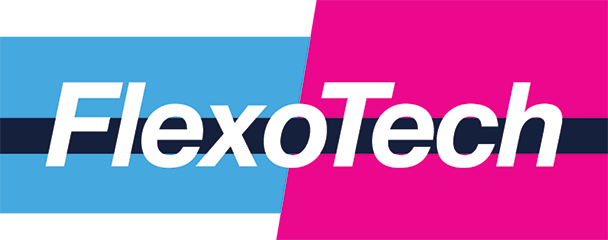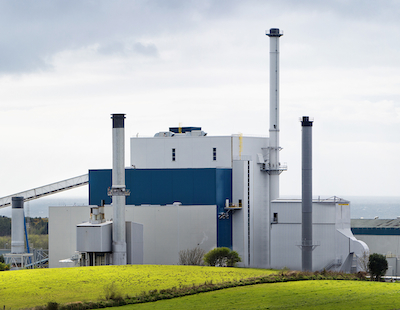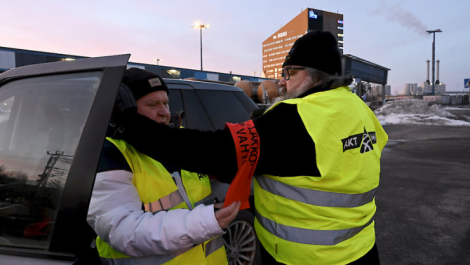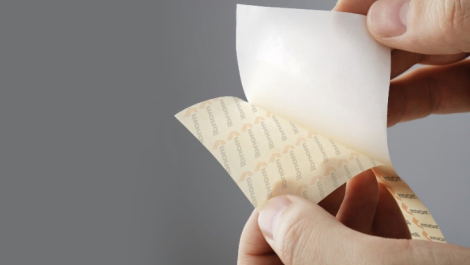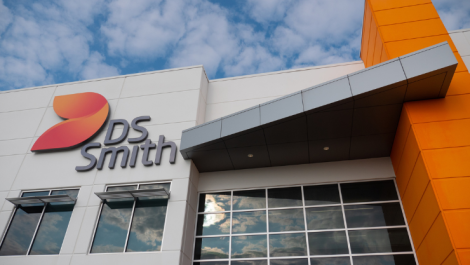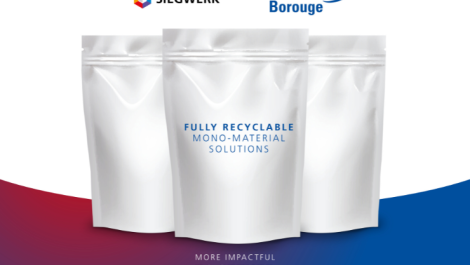Iggesund Paperboard’s Workington site is to receive a major upgrade after the company gave the green light for a €60 million investment across its English and Swedish mills.
The investments will eliminate bottlenecks in pulp production so it can be increased from the current 370,000 tonnes to 420,000 tonnes. The target for the board mill is to increase the capacity by 10 per cent without investments.
‘After we brought the new recovery boiler on line and developed our purification systems for both air and water, the mill now has unused potential, in both the pulp and board mill, which we can activate,’ commented Olov Winblad von Walter, director. ‘This is exciting because we are taking yet another step towards being one of the world’s leaders in mill technology with the lowest environmental impact. This move also further reinforces our competitiveness in the form of lower variable costs.’
The investment in Workington will increase the mill’s paperboard production capacity from the current 200,000 tonnes to 220,000 tonnes. This investment will also make the mill a leader in folding box board technology thanks to a rebuild of the paperboard machine’s press section which will increase product quality. The rebuild will be completed by June 2016.
‘We are experiencing strong demand for our improved Incada, not least because European converters regard it as the paperboard with the best runnability for applications involving mass-market consumer products,’ said Ulf Löfgren, managing director of Iggesund’s mill at Workington. ‘In that situation of course it is positive that we can increase our capacity so more people can benefit from Incada’s advantages.’
‘We see no difficulty in increasing Incada’s presence in Europe,’ added Arvid Sundblad, vice president sales and marketing. ‘Our market share has been limited by our capacity. The planned capacity increase combined with Incada’s recognised quality and our service gives us a excellent position.’
Over a five-year period the company has invested strongly in strengthening its competitiveness via lower energy costs, whilst simultaneously minimising its use of fossil fuels. A total of €361 million has been used for this purpose in both Workington and Iggesund. The investments announced now are more focused on increasing production.
‘We have reduced our environmental impact and also taken control of our energy costs,’ Mr Sundblad concluded. ‘We are well equipped to face tougher competition in the paperboard market but above all with regard to other types of packaging material. Our strategy is organic growth and for Workington, this is the first step in that direction. The announced investments will give us an excellent market position in terms of both product quality and capacity.’
